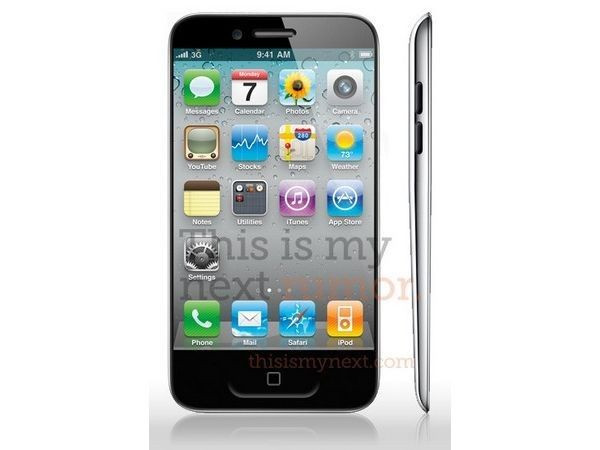Wishlist: What We Want in the iPhone 5 (and Won't Get)

Anticipation is running rampant for the next version of Apple's flagship phone, the iPhone 5, with leaks and rumors pointing to release dates and specs almost on a daily basis.
As usual, Apple has been tight-lipped and hasn't said anything about the phone itself, but has focused its statements on iOS 5, the software that will power the next iPhone.
While the beta versions of the software can give the enthusiast plenty of insight as to what will realistically be in the next phone, the rest of us can still dream.
The following is a list of things that would be nice, but have low probabilities of seeing the light of day from any Apple product.
AM/FM Tuner
The integrated iPod allows you to load up the device with music and podcasts that you can playback anywhere. It's great for listening to preselected media, and with storage becoming cheaper, you can expect to carry even more around with you.
The only issue is listening the same library, no matter how large, can get boring. Sure, there are apps like Pandora and Sticher that simulate radio with various data streams, but constantly streaming data takes a toll on your battery. Plus, for travelers, the radio is a quick and easy way to familiarize yourself with your surroundings.
Though the technology is simple, this will never happen. Access to uncontrolled content is unconscionable in Apple's walled garden.
In Apple's world, if you need more content, it should come through iTunes, or the forthcoming iCloud, where Apple can ostensibly control the quality, but also get a cut of the sale. Chances are slim Apple will ever change this.
Flash Support
This has been a pipe dream for iPhone users since the original iPhone 2G hit the scene in 2007. It was excusable at first. The iPhone itself was a groundbreaking product that for once gave a semblance of what the real Web could offer to mobile users.
But as the device got more powerful and hardware became less of an issue, Apple stepped up its rhetoric against Adobe Flash, calling it an unreliable power hog, prone to crashing and messy with resources.
Some competitors, like Samsung, have gotten Flash to work just fine, so the issue isn't necessarily technical. It's philosophical, and that's why we'll never see it.
Sites like Hulu, which streams TV shows and movies in Flash, and YouTube, where you could find any music video would make buying iTunes content unnecessary.
Enterprise Grade E-mail
Apple's philosophy is to have things be as easy as possible, but there is a difference between easy and simple. The e-mail system in the iPhone is possibly the worst of any smartphone, in fact because it is too simple -- or dumbed-down.
There is no way to delete a lot of mail except one-by-one. Suppose even, you want to send an e-mail marked as priority. This isn't currently possible. Need to download a lot of e-mail? The iOS in its current form chokes.
With its slide in market share and even talks of imminent death, there are not many things to learn from RIM -- but it's Blackberry still is the gold standard. For business users, this is simply irreplaceable. Users get almost as much functionality as a fully fledged desktop application.
Better Keyboard
This is going to get some backlash.
The keyboard isn't bad for what it is. It gets the job done, but it certainly isn't perfect. If you've ever tried to send a serious e-mail or a long text, you'll see a lot of mistakes coming out.
This is a place where Apple can actually learn from the ill-fated Blackberry Storm series of phones from RIM.
In vertical mode, RIM deployed an ingenious reduced-set keyboard that was only 5 keys across and 4 keys tall. This mixed with smart software, made typing a breeze, even with one hand. This is a throw-back from RIM's Peal smart phones that featured the same keyboard but in physical form. It made for a brilliant virtual one, too.
This would be a radical departure, so it's unsure if Apple would adopt it -- but Apple should at least give developers the choice of making new keyboard innovations. Apple's closed system does not allow for changes in system-level functions like a keyboard.
© Copyright IBTimes 2024. All rights reserved.




















